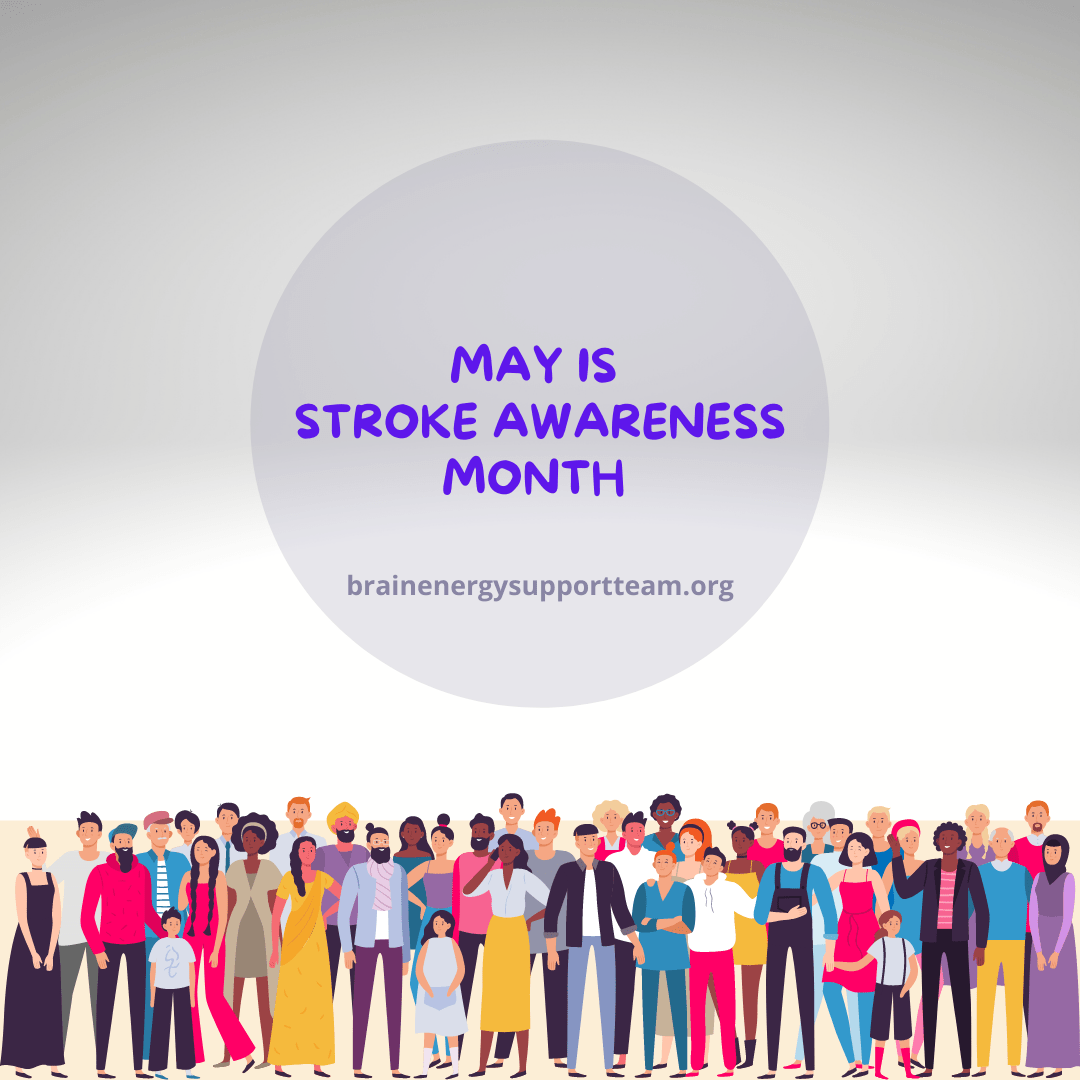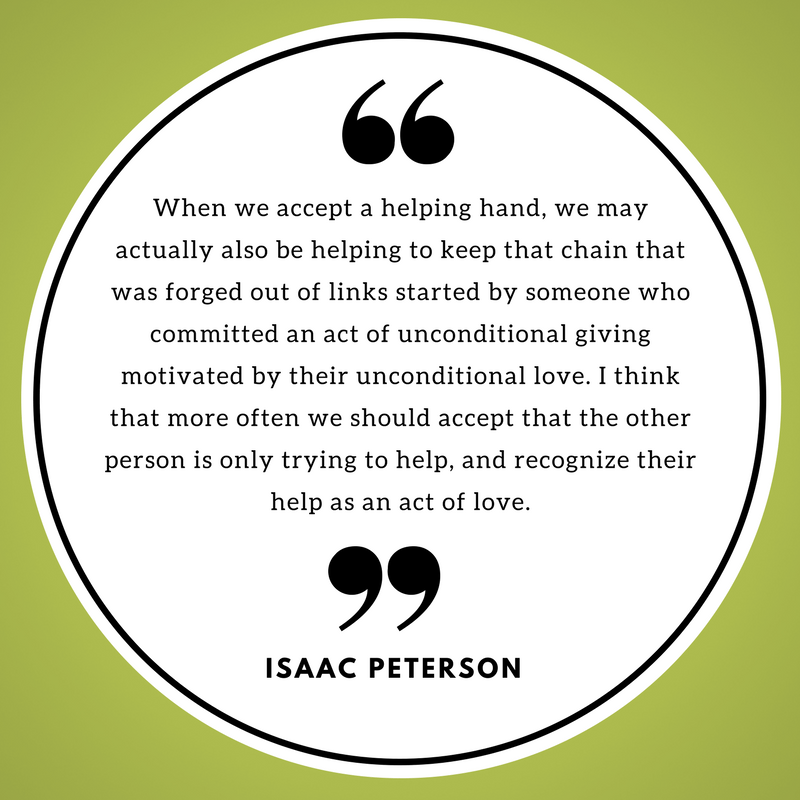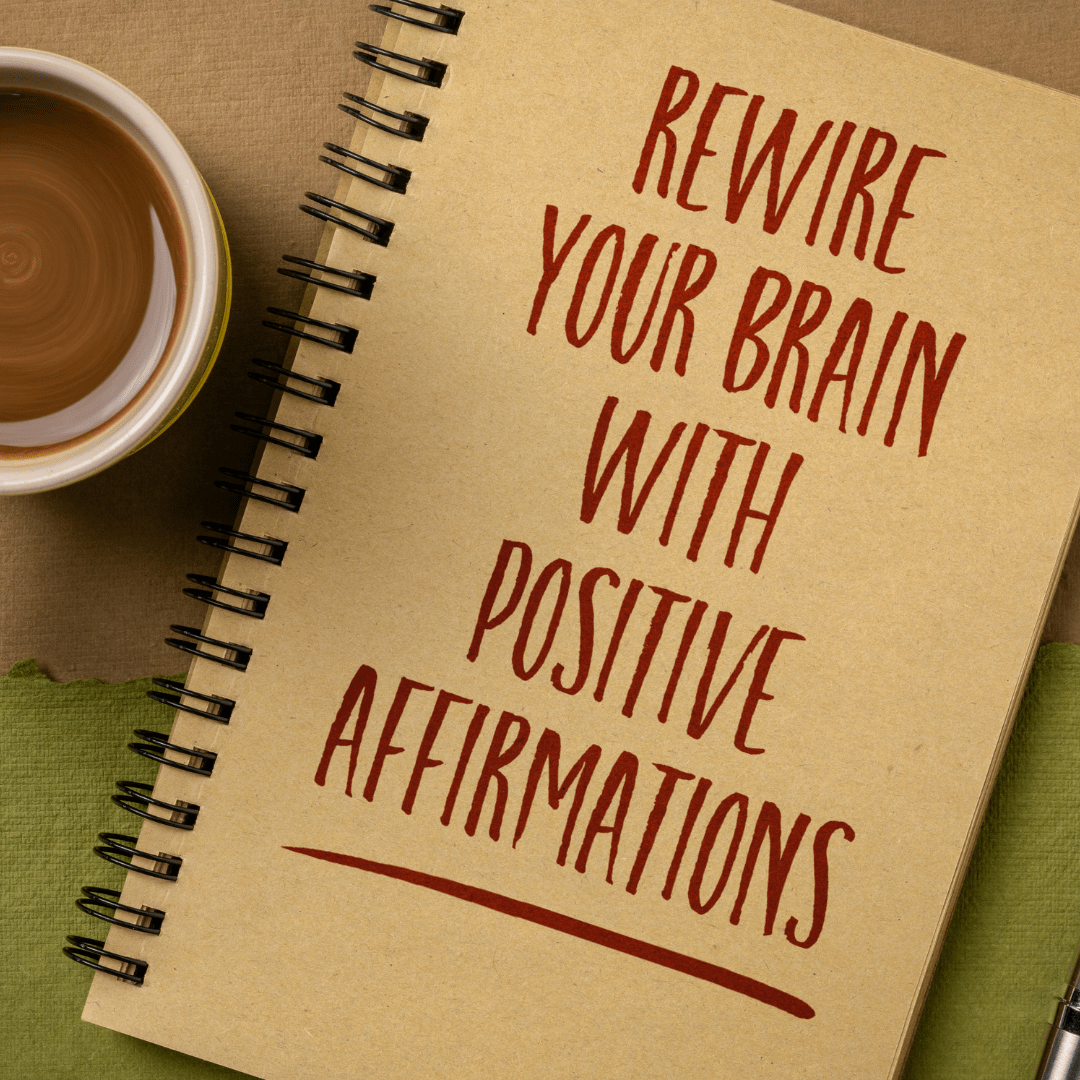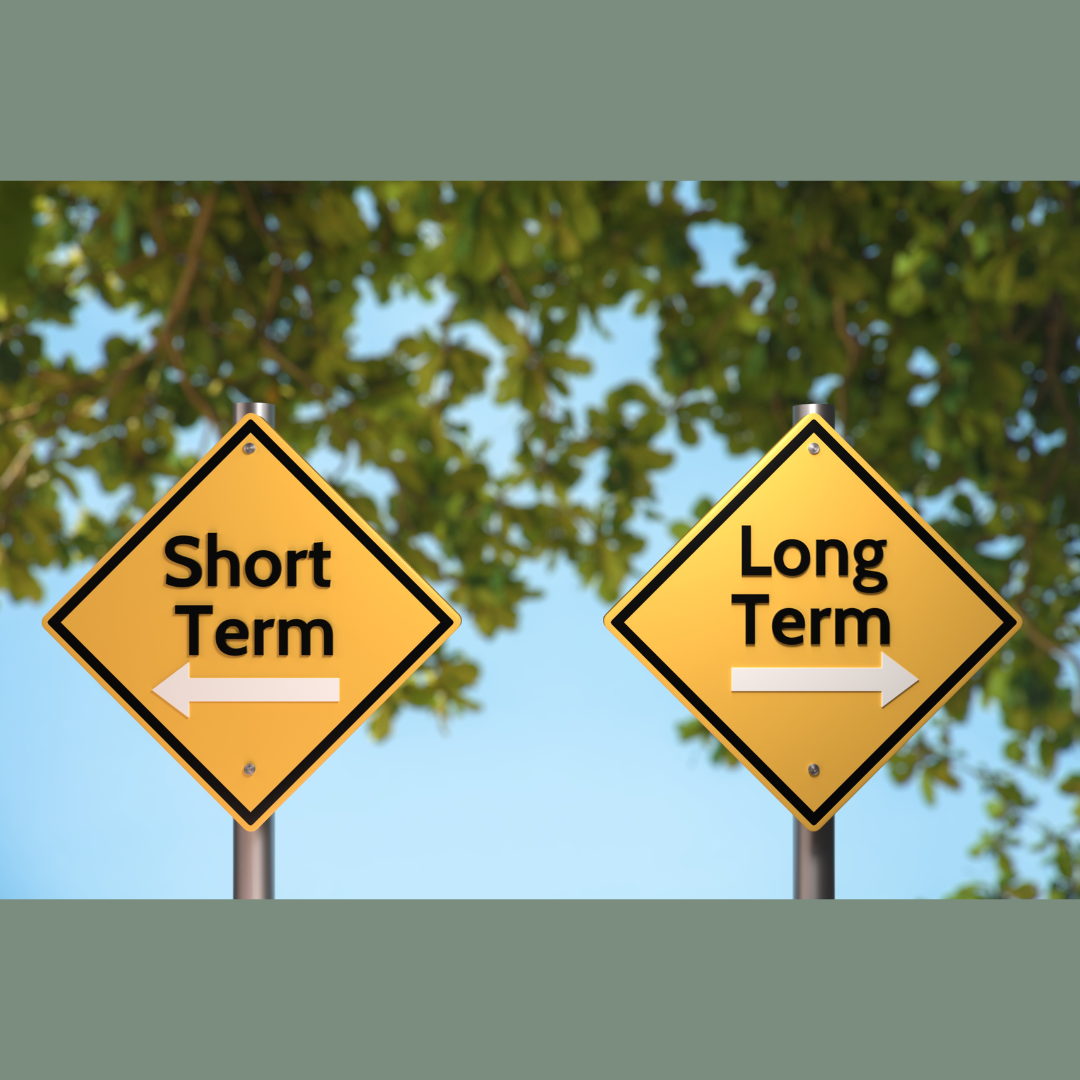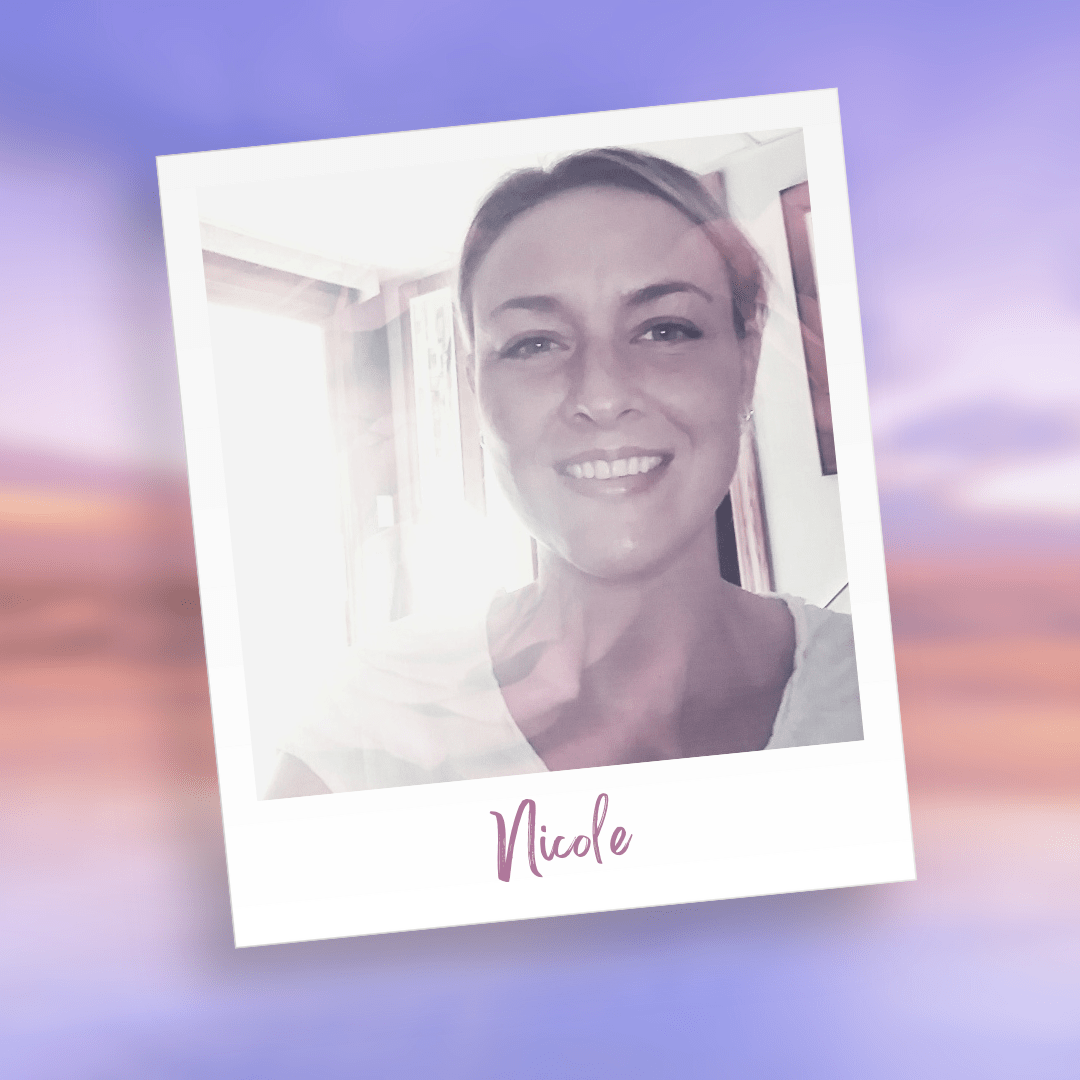(Editor’s Note: Writer and stroke survivor Isaac Peterson has been sharing his writing with the BEST blog for three years as of this month. Thank you Isaac for your amazing contributions and all that you do through your words and wisdom. Today’s entry centers around fatigue and brain injury. KT) 
I’ve written a couple of times before about one of the fun things that go hand in hand with traumatic brain injuries: fatigue, and I’m about to write about it again.
First let me give you the main part of a definition of fatigue I found online so we’re all on the same page: the sense of a reduction in the capacity for physical and/or mental labor.
Fatigue has everything to do with your brain and how much energy it has to distribute to regulate or control just about everything your body does.
The brain of a TBI survivor has to work harder and needs more brain cells to process information. But if my brain works harder, and there’s higher brain activity after a brain injury, why do I feel so tired and dull-witted? Why is doing pretty much anything always so difficult?
Well, first off, studies have estimated that TBI survivors go through their daily allotment of a whole day of energy in about two hours.
Does that sound familiar? Why does that happen?
With a TBI the brain has to work around the injured part(s) to allow brain cells to communicate with each other and the nervous system. This process of bypassing injured cells and rerouting their functions is called neuroplasticity. (The prefix neuro comes from the Greek word for nerves).
Neuroplasticity jump starts parts of the brain that usually show little activity to become actively involved in the brain’s functioning after the injury.
That’s all pretty nifty, but all of that re-routing comes with a cost: it takes energy to do all the necessary re-routing. That’s less energy going to the rest of the body.
Then there is neurofatigue. Neuroplasticity kind of goes hand in hand with neurofatigue, that feeling of physical and mental weakness—probably kind of simplistic, but I view neuroplasticity as a cause and neurofatigue as an effect.
Since the brain is constantly working harder, it is more prone to fatigue than usual. You feel more tired and fatigued than normal because you are more tired and fatigued.
Neurofatigue helps account for that overall feeling—mental and physical—that is everyday life for TBI survivors. There can also be an emotional cost as well. The anger, depression, irritability, frustration, and more that brain injury survivors experience, are effects of neurofatigue.
The heightened sensitivity to sound and light are other effects, as well as difficulty with concentration and short term memory—all these can also probably be tied to neurofatigue. For some reason that I don’t really understand, insomnia can happen too.
A survivor won’t be able to will her or his fatigue to lessen or disappear (your brain will take care of that in its own time). But there are some ways to cope with neurofatigue that I’ve mentioned before that might help make it a bit easier to live with:
-
Here’s an obvious one: Try to get more sleep and rest.
-
Set a regular schedule of going to bed and waking up the same time every day. As much as possible, include breaks, rest times and make time for naps during the day if necessary, but not in the evenings.
-
Avoid things like marijuana and alcohol that can make fatigue worse even in people without a brain injury.
-
Avoid caffeine after lunch if you have problems with insomnia.
-
While you are focused on your recovery, try not to rush things. Work your way back into your normal activities slowly and gradually over weeks and months and make sure to take breaks when you start getting tired. Don’t push yourself to complete a task—that can make fatigue worse.
-
Exercise daily—this helps build stamina. Exercise can also help decrease depression and improve sleep.
-
Become better at time management. Follow the routine you’ve set for yourself; prioritize your most important activities so you can try handling them during the times you have the most energy; do not over-schedule or over-commit.
-
Keep seeing a doctor. Your doctor can monitor your progress and do things to help manage fatigue you can’t, like prescribing medications and helping arrange specialists, therapy, etc.
Be patient. Recovering will take some time, even when you’re doing all you can to help the process along.
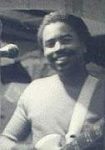
Isaac Peterson grew up on an Air Force base near Cheyenne, Wyoming. After graduating from the University of Wyoming, he embarked on a career as an award-winning investigative journalist and as a semi-professional musician in the Twin Cities, the place he called home on and off for 35 years. He also doesn’t mind it at all if someone offers to pick up his restaurant tab. Peterson also welcomes reader comments. Email him at isaac3rd@gmail.com.

